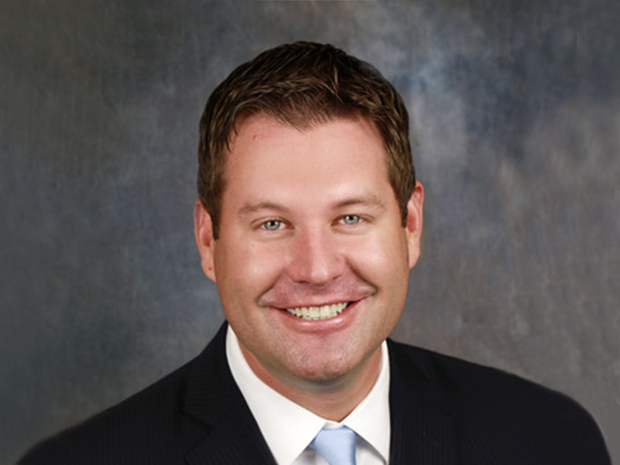Refuses to extend the plain meaning of the statute
On Oct. 14, 2016, the Nebraska Supreme Court issued its decision in Stewart v. Dep’t of Revenue, reversing the district court that disallowed the taxpayers’ Nebraska special capital gains election.
The special capital gains election allows Nebraska taxpayers under specific circumstances to make one election in their lifetime to exclude income from capital gains from the sale of capital stock of a corporation acquired by the individual (a) on account of employment by such corporation, or (b) while employed by such corporation. At the time the election is made, the corporation issuing the capital stock must have at least five shareholders and at least two shareholders who are not related to each other and each of which owns at least 10 percent of the capital stock.
The taxpayers in Stewart structured the sale of their stock in a manner to adhere to the statutory requirements of the special capital gains election. Prior to the closing date of the sale of stock for which the election was claimed, the taxpayers transferred one share of stock to three officers of the buyer in order to qualify the corporation for the five-shareholder requirement. The taxpayers paid capital gains on those transfers. A few days later, the taxpayers transferred their remaining shares to the buyer, claiming a special capital gains on the transaction and essentially receiving a $500,000 tax benefit.
The Nebraska Tax Commissioner disallowed the election claiming that the corporation was not ‘qualified’ under the statute, i.e., the corporation did not meet the five-shareholder requirement. Considering the transfers before the closing date, the commissioner reasoned that the taxpayers’ actions ran afoul of the ‘economic substance’ and ‘shame transaction’ tax avoidance doctrines.
In upholding the election, the Nebraska Supreme Court first looked to the plain meaning of the statute, emphasizing that the statutory language “at the time of the first sale or exchange for which the election is made” refers to a specific point in time, and not to transactions occurring prior to when the election is made. Additionally, the court noted that the election statute does not contain any language concerning any underlying sales to the transaction or requiring a purpose for taking actions to comply with the election statute. Therefore, the transactions occurring before the transaction for which the election was made were outside of the scope of the statute.
Furthermore, the court was unconvinced by the application of nonavoidance doctrines to the transactions, finding instead that the language of the election statute was clear and unambiguous, and therefore, it was not necessary to look beyond the statutory language in order to apply those doctrines. The court also looked to the legislative intent of the statute, finding that the nonavoidance doctrines were in existence long before the statute. The legislature was presumed to know the law surrounding the subject matter and could have imposed additional requirements if it had chosen to do so.
Takeaways
The Nebraska Department of Revenue has previously taken issue with the special capital gains election on a number of occasions. The state’s highest court ruling on the matter should provide some finality and direction for taxpayers invoking the election for future transactions. Taxpayers should also keep in mind that Stewart may spark new legislative action to address what the department may now consider a loophole. Taxpayers considering the election should speak to their tax advisors on whether and how this decision could impact their election.



